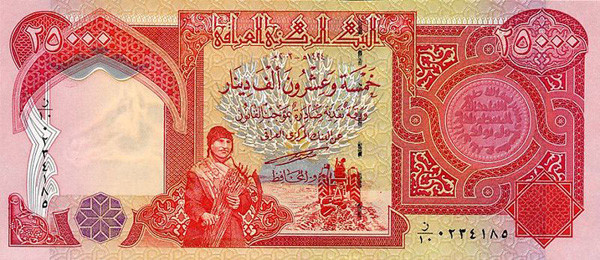
Introduction
The situation in Iraq remains a focal point of geopolitical interest in the Middle East. With recent political shifts, security concerns, and economic challenges, understanding Iraq’s current events is crucial for local citizens and the global community alike. The country’s stability directly impacts the region’s peace and prosperity, making it essential to keep a close eye on developments.
Current Political Climate
As of October 2023, Iraq’s political landscape is navigating a series of challenges. The recent parliamentary elections have sparked heated debates among various political factions. Prime Minister Mohammed Shia’ Al Sudani, who took office in late 2022, faces mounting pressure from opposition groups and internal dissent. With ongoing corruption allegations and public discontent over poor governance, protests have erupted in several cities.
Security Concerns
Iraq continues to grapple with security issues, particularly from remnants of ISIS, which, although territorially defeated, still pose risks through sporadic attacks. In recent months, there has been a resurgence of bombings and targeted killings in regions once considered stable. The Iraqi Security Forces (ISF), supported by international partners like the U.S., have intensified operations to counter these threats. However, rebuilding trust within affected communities remains a significant hurdle.
Economic Challenges
Economically, Iraq is feeling the strain from fluctuating oil prices, which account for a substantial portion of its revenue. The recent downward trend in global oil markets has raised alarms regarding the government’s ability to fund essential services and infrastructure projects. Efforts to diversify the economy have been slow, and with high unemployment rates, particularly among youth, there’s an urgent need for reforms.
Conclusion and Future Outlook
The future of Iraq remains uncertain as it faces a multitude of challenges on the political, security, and economic fronts. Continued engagement from the international community, alongside grassroots initiatives, will be vital for stabilization efforts. The coming months may be decisive in determining Iraq’s path, particularly as citizen dissatisfaction could lead to further unrest. For observers and stakeholders, monitoring Iraq’s evolving situation is crucial for understanding broader regional dynamics and preparing for potential implications on international relations.



